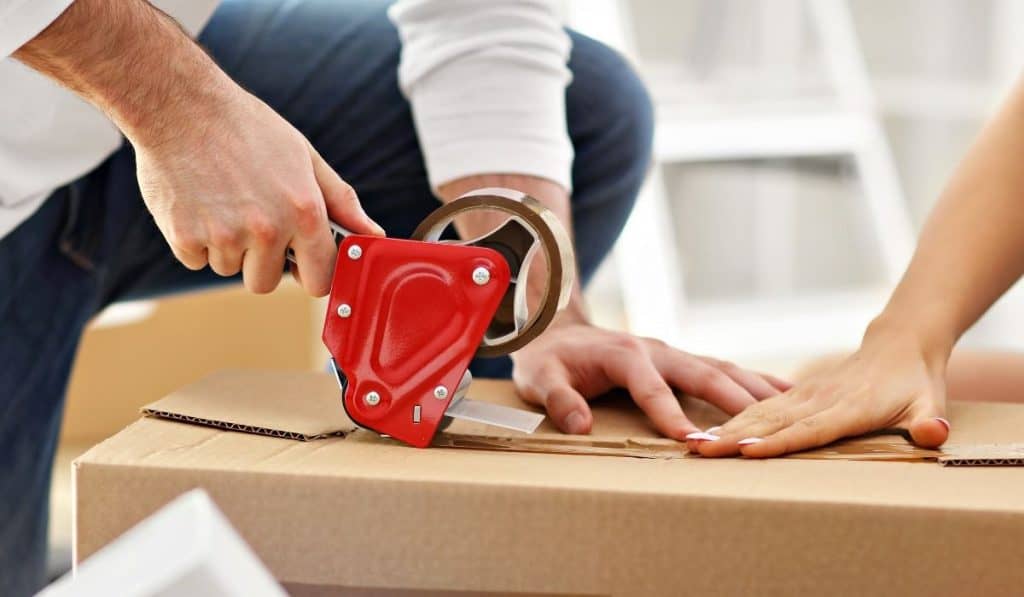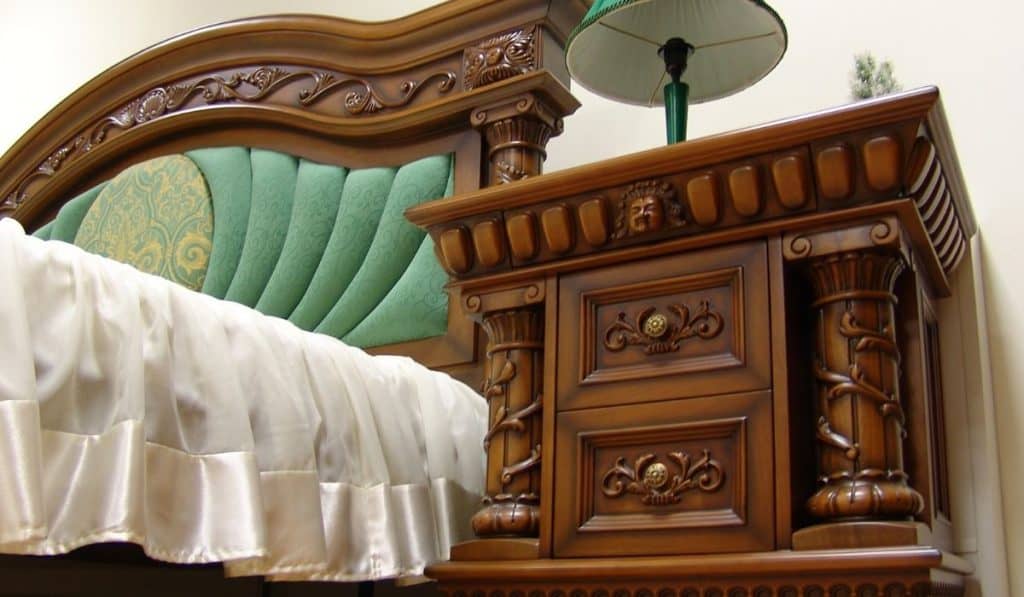Handling a deceased parent’s estate can be difficult. There are a lot of emotions to process after your mother or father dies, and managing their stuff, whether it’s in a nursing home, a storage unit or their residence is a lot to deal with.
On top of your feelings, you also have to balance the interests of siblings and your other parents, if they are still alive. People have emotional attachments to objects for many reasons, and throwing out what seems like clutter to one person can be taken as a slight by someone else close to your parents.
If your parent recently passed away, and you’re charged with cleaning out their home, there are some things you can do to make it easier on yourself and whoever else is helping out or working through the tragedy of losing someone they love. Here are 9 things that you can do to make cleaning out your parents home go as smoothly as possible.
1. Know Going In That It’s Going to Be a Charged Environment
Everywhere you look, there are going to be reminders of your deceased parent. You’re going to open a drawer and catch a waft of their scent, there will be pictures on dressers, and you’ll have a memory in each room of the house. Cleaning out your parent’s house isn’t going to be easy. Know that going in.
Emotionally preparing yourself before you start the process will help you manage emotions as you do it.
2. It’s OK to Take Breaks
If you’re not in a rush, then you may want to break up cleaning out your parents’ house in stages. Take care of the immediate needs first.
For many families, this means getting rid of a lot of the equipment and other supplies needed for end-of-life care. Things like wheelchairs, walkers, diapers, and medical supplies.
You can find places to donate this equipment, which is often quite expensive, for someone else in need.
3. Set Deadlines
While it’s understandable that people will want mementos, etc. the person managing the job can’t constantly field and respond to individual requests. At some point, the stuff has got to go. A good way around this is to set deadlines with family and friends. Let them know that they have until a certain date to respond on what they want to keep and another date for when it has to be picked up. Anything after that will be handled as you see fit.
4. Get Help If You Need It
It’s OK to ask for emotional support as you move through your parent’s things. But what about if there is a lot of stuff as well? Clearing out a loved one’s house can be a lot of work, especially if they have a lifetime’s worth of things inside. You’re going to be moving through box after box.
Protect your mental health and your back by getting help with the moving and organizing.
In addition to the extra muscle, some help will make it easier to decide on what stays and what goes. You’ll have someone to consult with and to walk you through your decisions as you make difficult calls over possessions.
Good friends and other family members can also work through tiny things like food in the kitchen or old magazines. This is stuff that you don’t need to process before you decide what to do with it. Call for help to make things easier.
5. Put Limits On What You Keep
Planning before you clear out your parent’s home is key to limiting what’s left behind. We don’t say that flippantly. Some things should stay behind to remind you of your loved one and help you process any grief.
What people don’t realize before they do this, though, is that they will possibly have a lot of feelings of guilt around throwing things like old clothes or something that your parent loved away. As a result, you hold onto things and now it’s all your stuff.
Keeping a shirt or a throw blanket that your mother cherished is a beautiful thing. But you should place limits around mementos that you’re keeping so it will be easier to make fast decisions when the time comes to sort through their things.
6. Come in with Moving Supplies
A lot of people make the well-intentioned mistake of going into clear out things without the supplies they need to make it go smoothly. Then things just end up in piles.
A good tip is to buy boxes and tape so, as you move through each room, things stay organized. When something is in a box, it’s not staring you in the face while you work either. You can put things inside the boxes to help you compartmentalize the task at hand.
An organized move is an efficient move, and with the right supplies, you’ll get through the difficult decisions faster.
7. Handle Personal Documents Carefully
Unfortunately, there are some people out there who will capitalize on your loss if they get ahold of things like SSNs, bank information, dates of birth, and other personal information after someone’s passed away.
When you clear out your parent’s things, you need to be careful about how you dispose of old bank statements, driver’s license, any legal documents, and other important information.
Think about buying a shredder to help you as you sift through all of the paperwork left behind. In many cases, family members are left to deal with a mountain of paperwork, so a good shredder will speed things along and make sure your deceased parent’s identity is protected.
8. Ask a Realtor About Big Items
Once you’ve worked your way through all the personal items and smaller things around the house, you’re going to have to decide what to do with tables, couches, and other furniture.
If you’re selling the house, it’s a good idea to ask a realtor to come by the house and talk about which pieces should stay for staging. Staging a house can get you thousands more dollars in offer prices, and if the things in your parent’s house will do the job, you’ll save money by not having to pay a staging company to bring other furniture in.
9. Honoring Last Wishes
Most people have a will of some sort that outlines what they want to happen with their things and their estate. If your parent had a will, then it’s important for your family that it’s honored. With the help of an attorney or the executor, work through which items need to be given to whom, donate what’s supposed to be donated, and then find ways to handle everything else.
You’ll find peace of mind knowing you’re following your parent’s wishes when it comes to handling their things. It’s also important for friends and family members to see that their loved one’s last wishes are being honored.
Dealing with the death of a parent is hard enough. Going through their things is like a constant reminder of what was lost. It’s a challenge and can be difficult to manage emotionally and logistically. If you need help, ask for it. If you need more, hire it. Go as quickly or as slowly as your mental health allows, and just try to do your best. Eventually, you’ll get through it and find ways to honor their memory in small ways with things you keep or give to other people who were special in their life.






